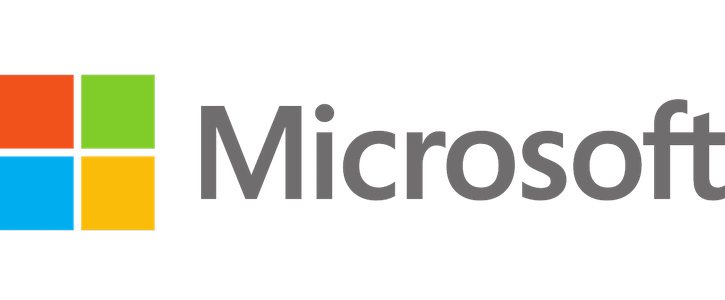Microsoft and PAREXEL Aim to Speed Up Drug Development
The companies’ partnership will also focus on patient engagement and precision medicine.

Credit: Microsoft, Pixabay, Simon
After making headlines for entering the fight to cure cancer, Microsoft is once again expanding its healthcare footprint.
The Washington state-based tech goliath is joining forces with the global biopharmaceutical services company PAREXEL International Corp. to spur innovation “across the life sciences industry,” according to a recent announcement. To that end, Microsoft brings to the table its Azure cloud platform, intelligent services, and research and development. PAREXEL, meanwhile, offers its “global presence” and clinical and regulatory tech experience, according to the companies.
“We’re delighted to be partnering with PAREXEL to unlock the opportunities of digital transformation for the life sciences industry,” Peggy Johnson, Microsoft’s executive vice president for business development, said in a statement. “… Together, we will help life science companies to accelerate the drug-development and commercialization process, all built on a foundation of trust, security, and compliance with the Microsoft Cloud.”
The first order of business in the “wide-ranging” partnership is to move PAREXEL’s informatics tech and services to Microsoft Azure, according to the announcement. They also plan to create patient-centric technologies and cloud-based services for clinical research and market access, catering to life sciences clients.
Notably, the union will focus on patient engagement solutions, enhancing clinical trial participation, and helping healthcare “deliver on the promise of precision medicine,” according to the duo.
“Technology is disrupting the established model of research and development in healthcare,” Xavier Flinois, president of PAREXEL Informatics said in a statement. “Drug development is becoming more complex, while innovations including social media, analytics, mobile technology, and the Internet of Things are enabling a more patient-centric approach.”
He then praised Microsoft for its cutting-edge style and “commitment to security and regulatory compliance.” Those strengths and his company’s “expertise,” he said, bode well for the project.
Microsoft described its Azure platform as an “open, flexible, enterprise-grade” cloud system and collection of services. The organization has injected more than $1 billion to security research each year, noting that it also operates 42 datacenter regions around the world.
Massachusetts-based PAREXEL has worked in life sciences and technology for more than 30 years, since its establishment in the early 1980s. The organization aims to optimize how pharma companies run clinical trials, store and share data, monitor patient outcomes, navigate regulations, and record “real-world evidence for payers,” according to the statement.
Microsoft made waves in 2016 for its efforts to help “solve” cancer. That initiative, using artificial intelligence and other frontline technologies, put scientists, engineers, and programmers at the helm of combatting the disease. The 4-pronged “moonshot” effort turned to machine learning and natural language processing, computer vision, algorithms, and cell programming.
Podcast: Adoption of Healthcare Tech in the Age of COVID-19 with Dr Kaveh Safavi
June 22nd 2021Kaveh Safavi, MD, JD, global health lead of Accenture Health, discusses how the pandemic influenced the speed at which healthcare organizations adopted new technologies and how this adoption is impacting patient care.